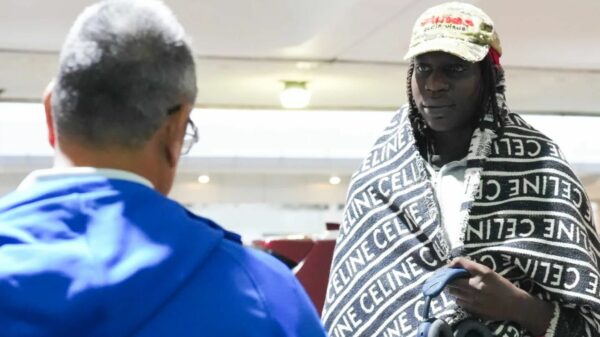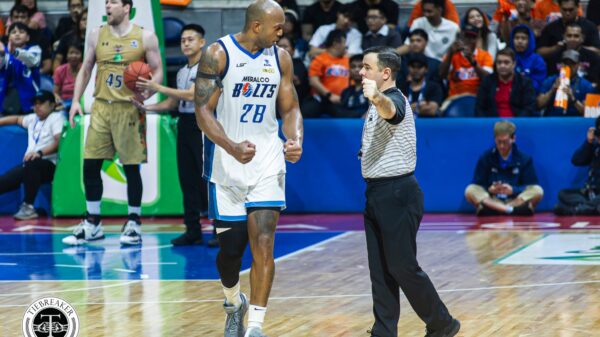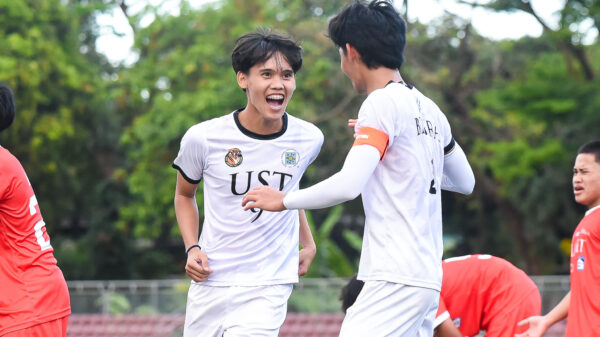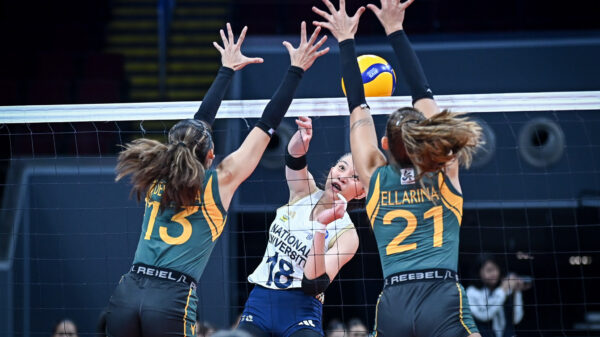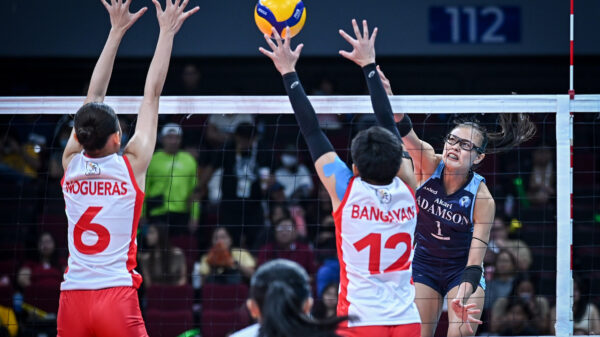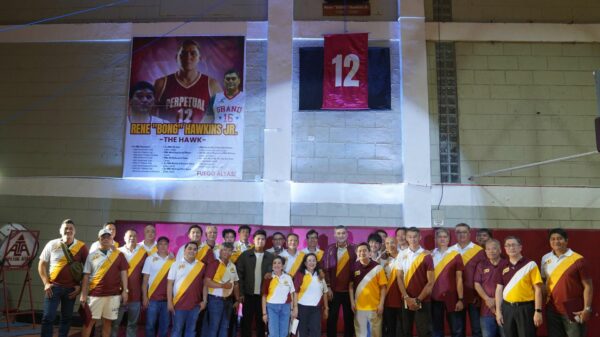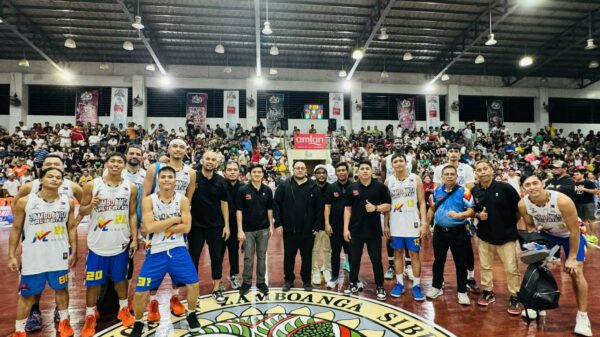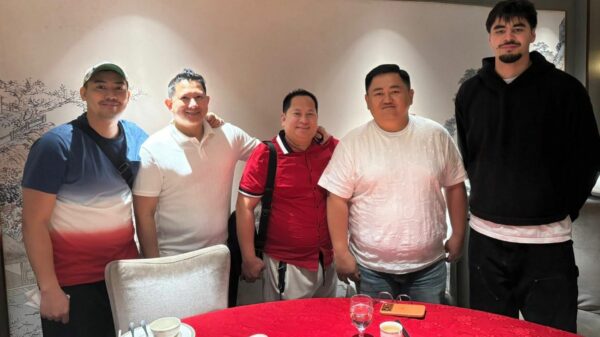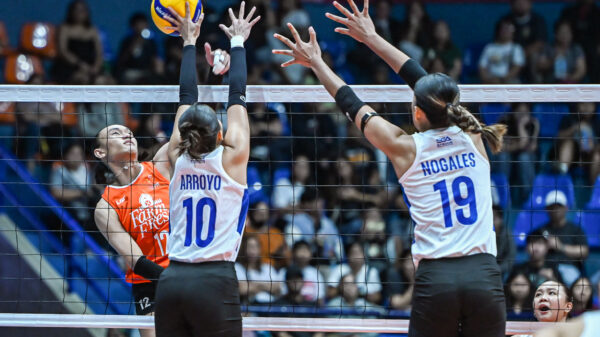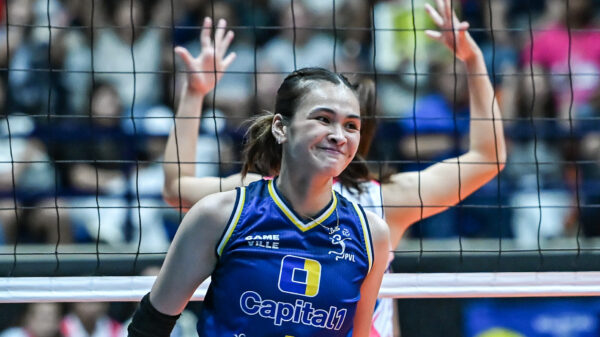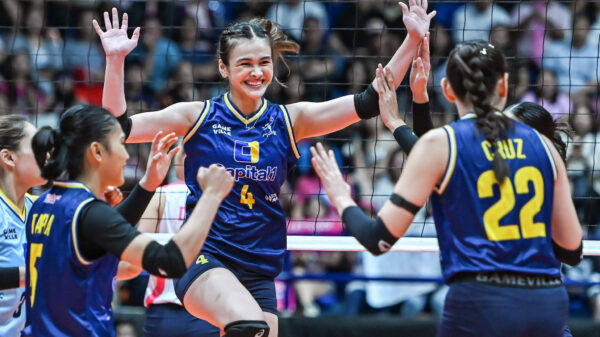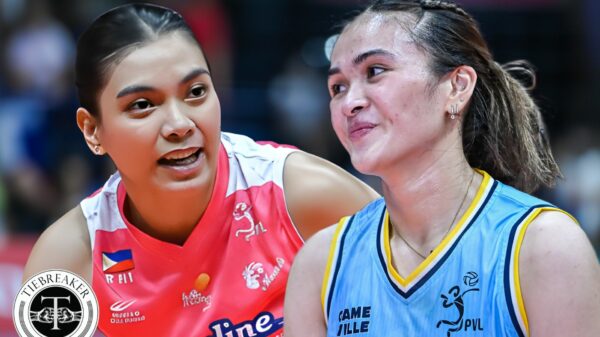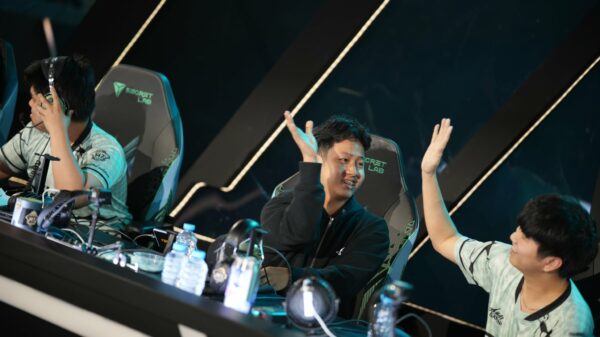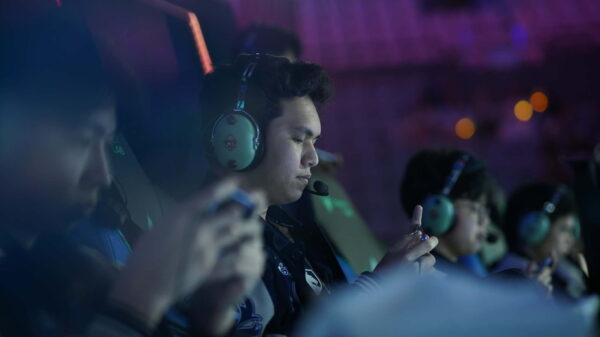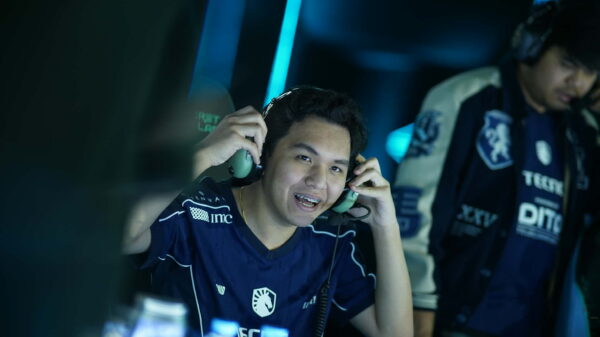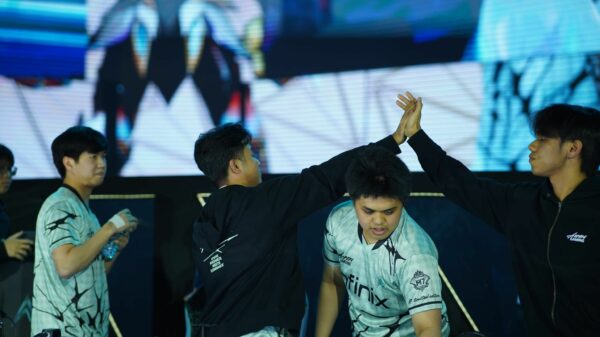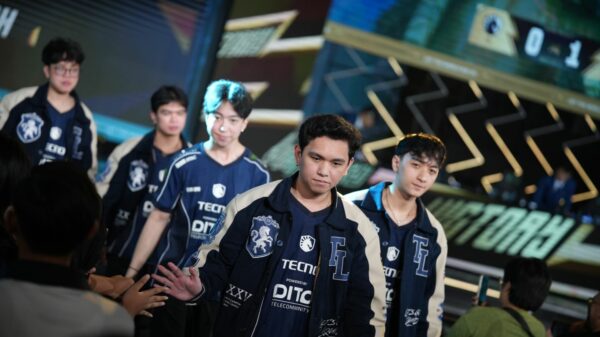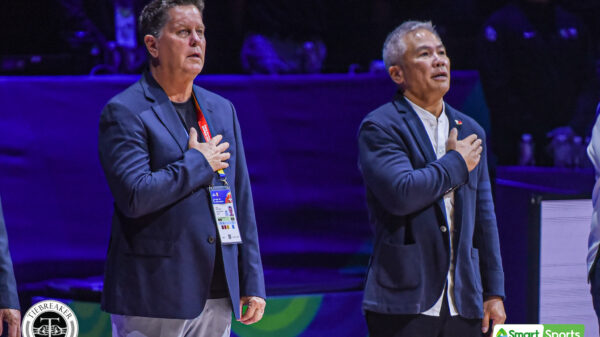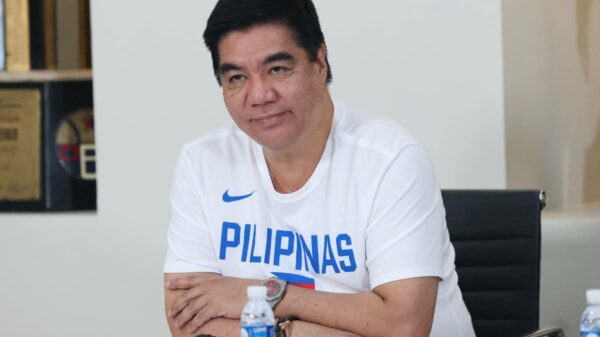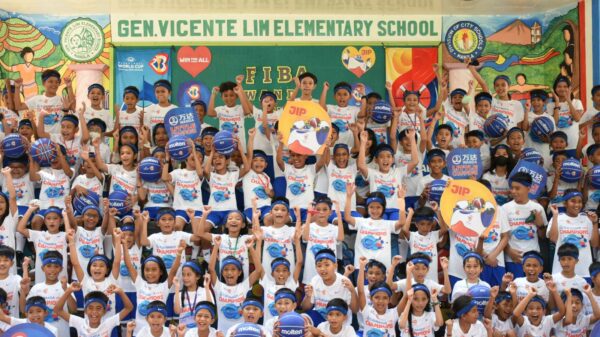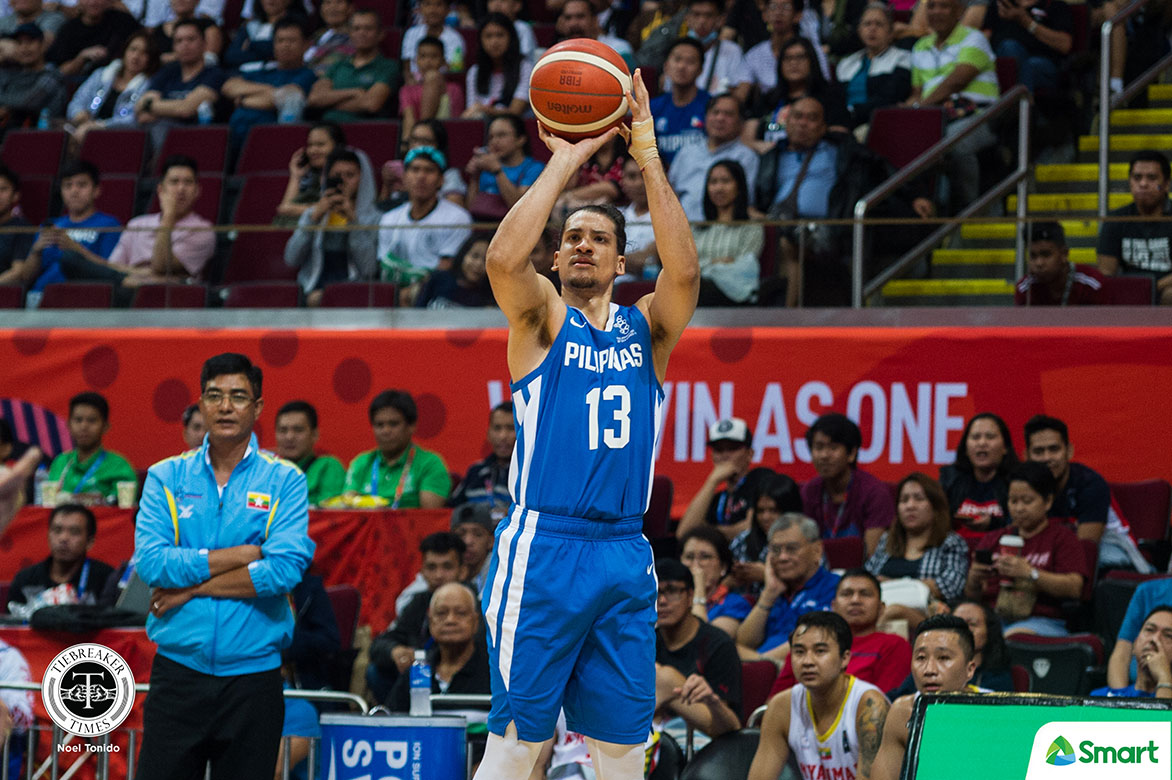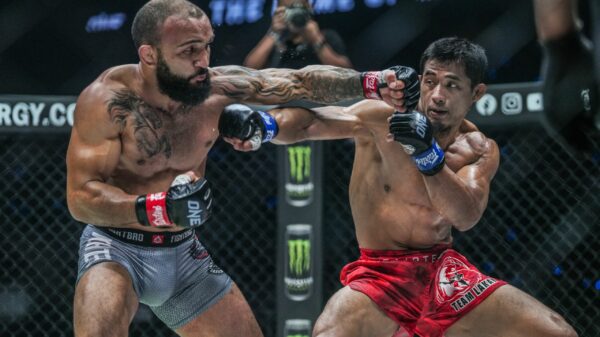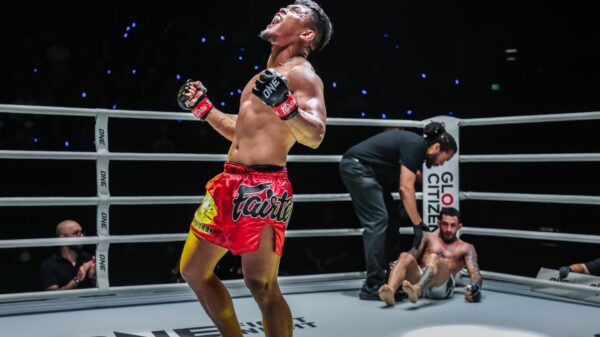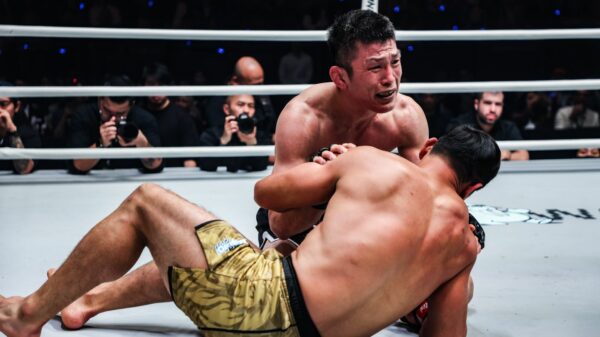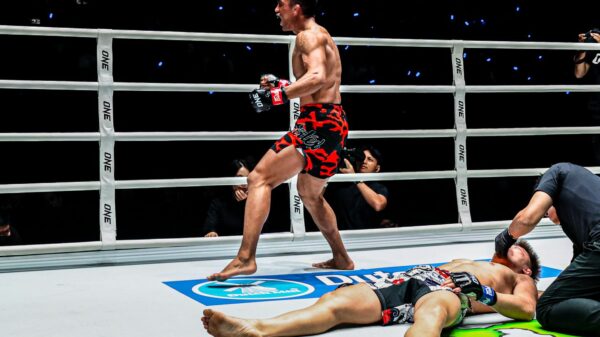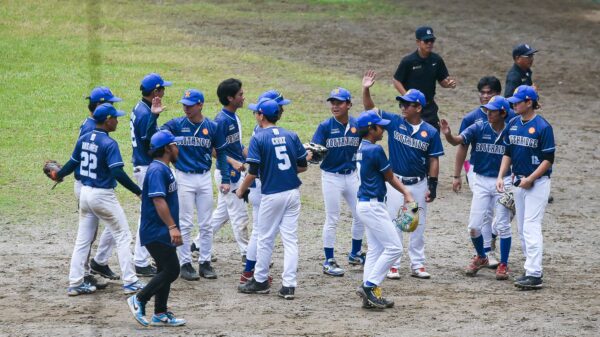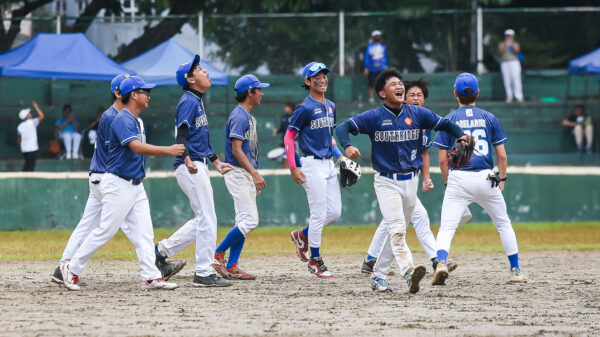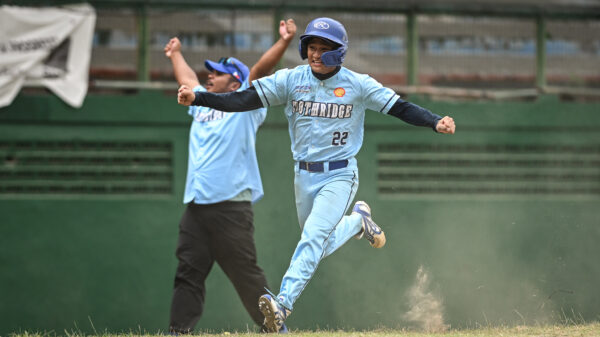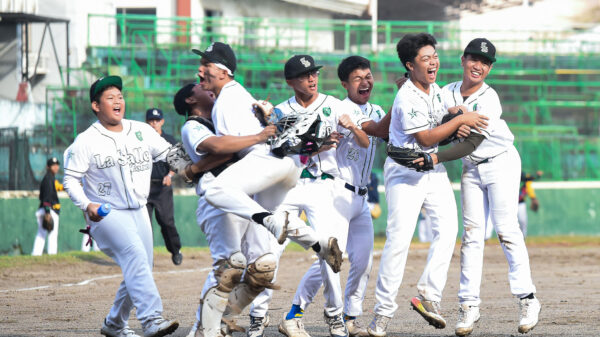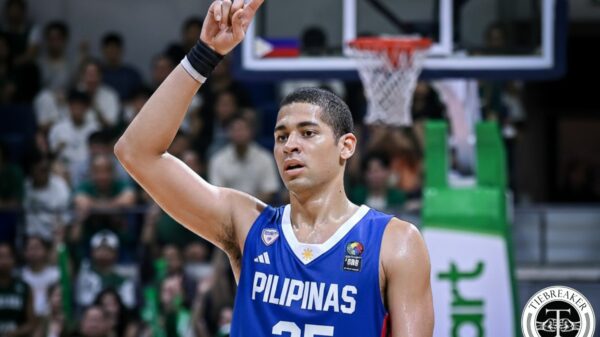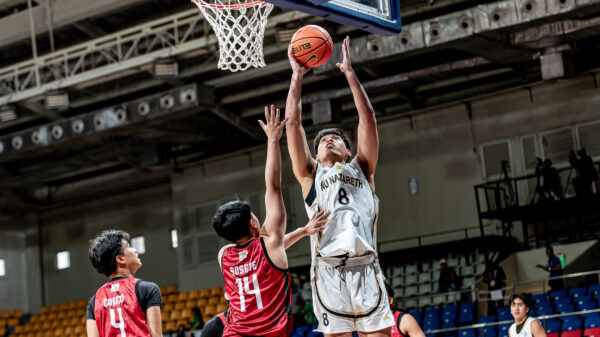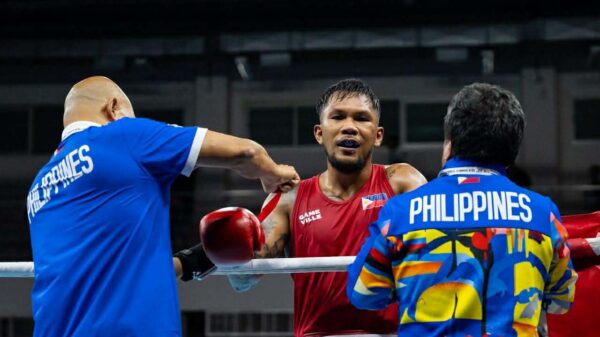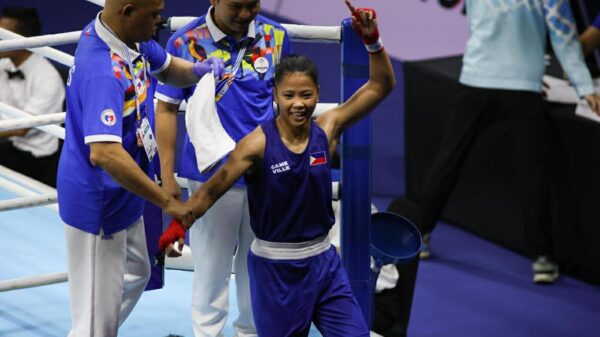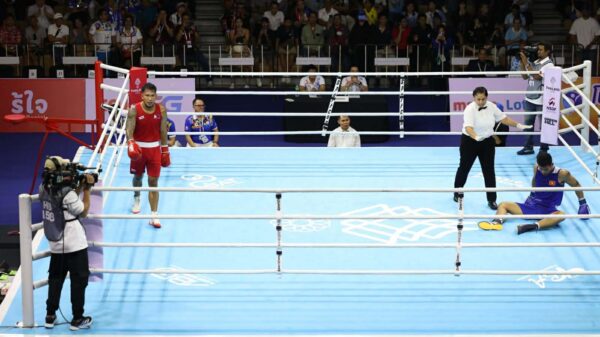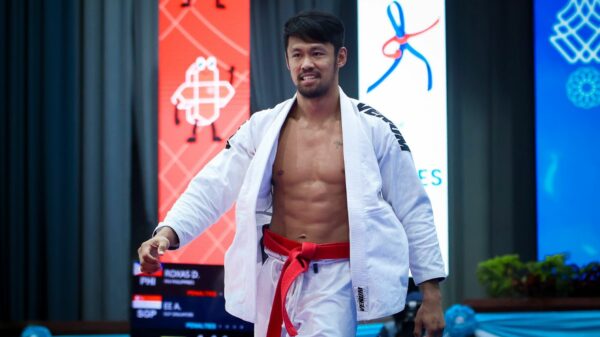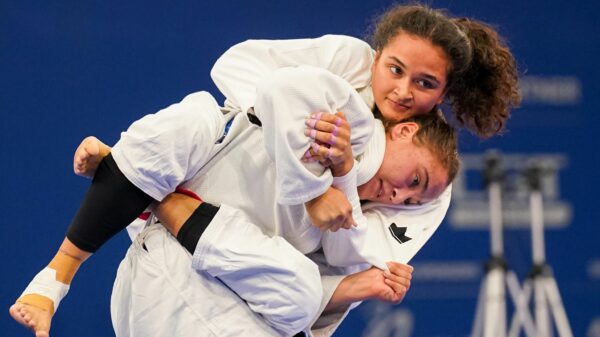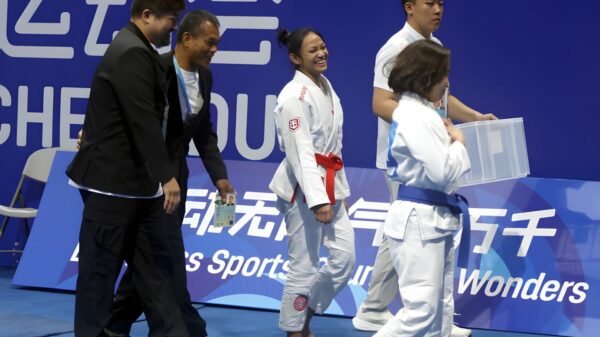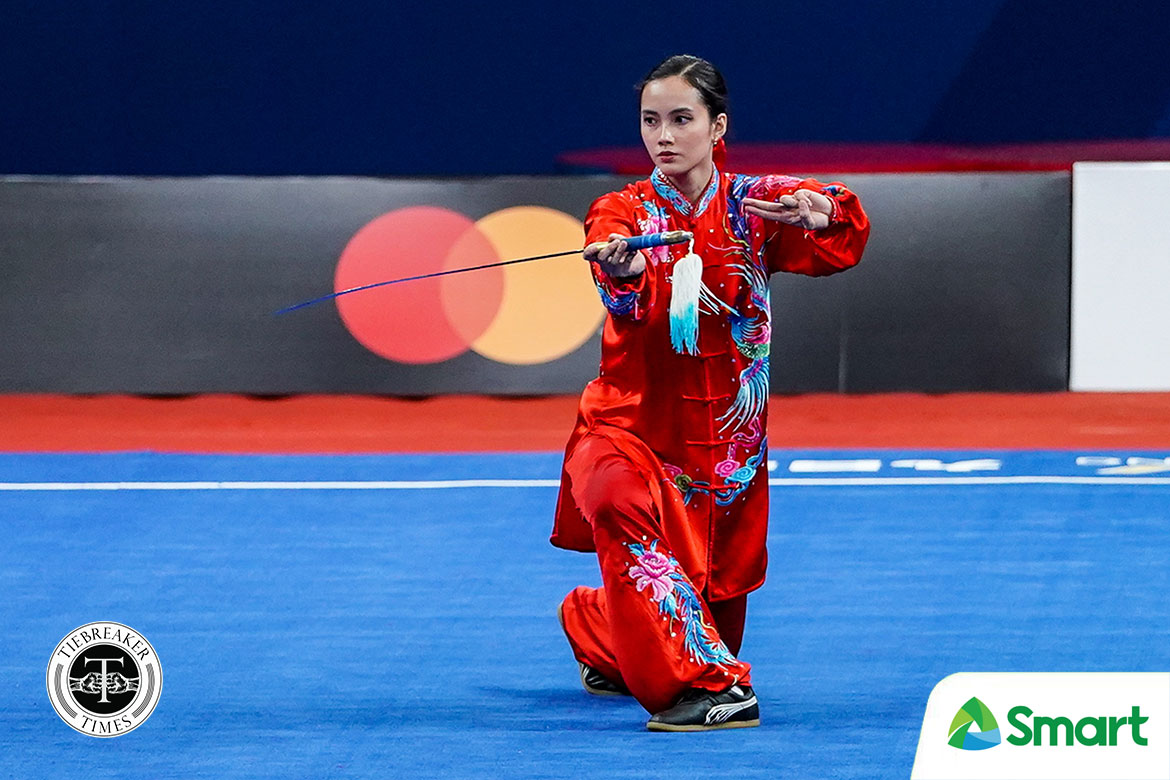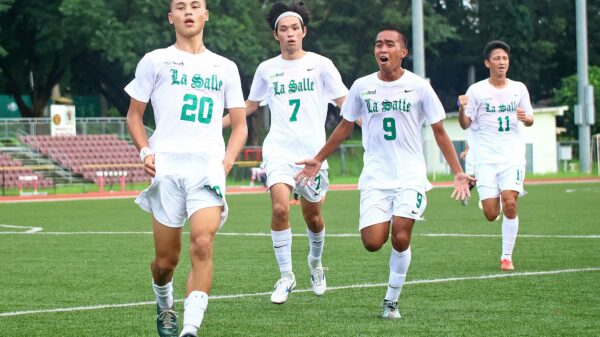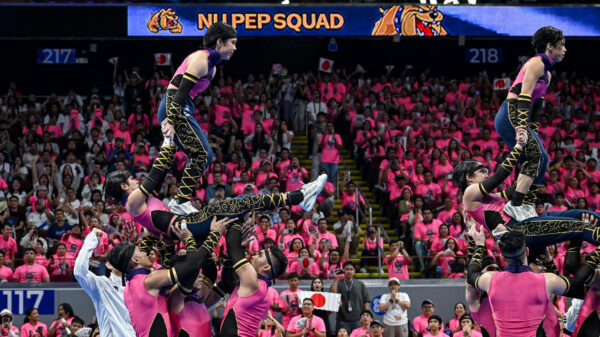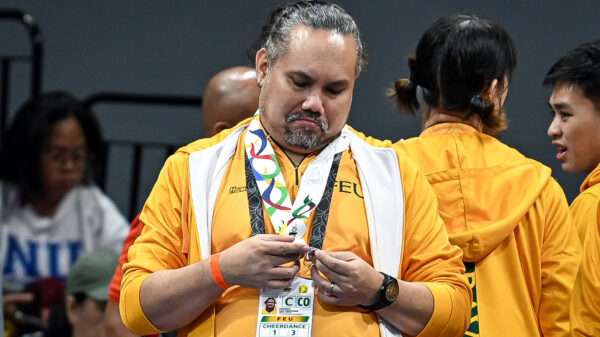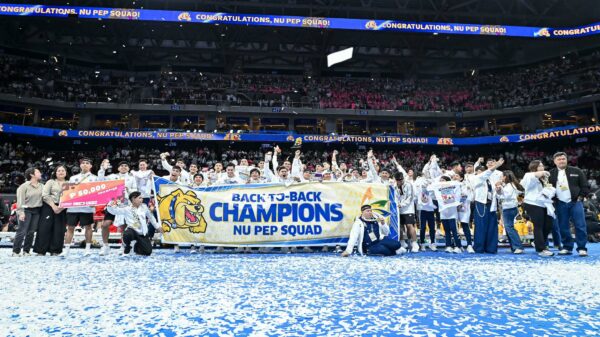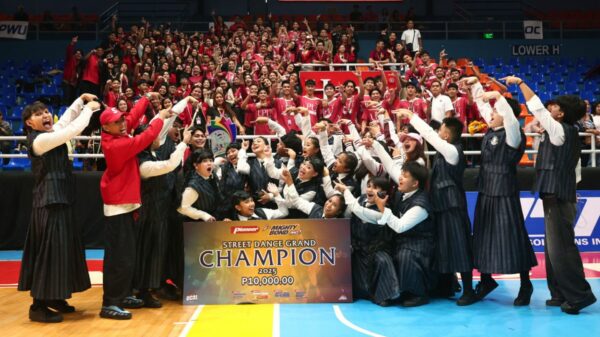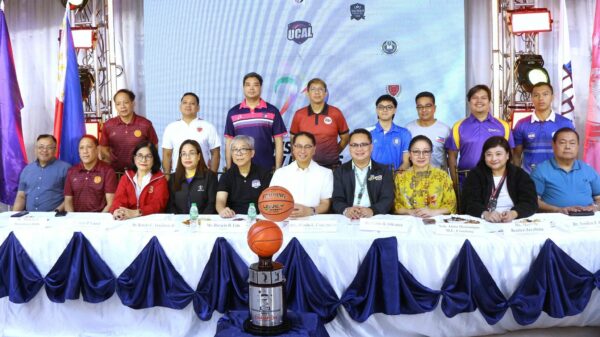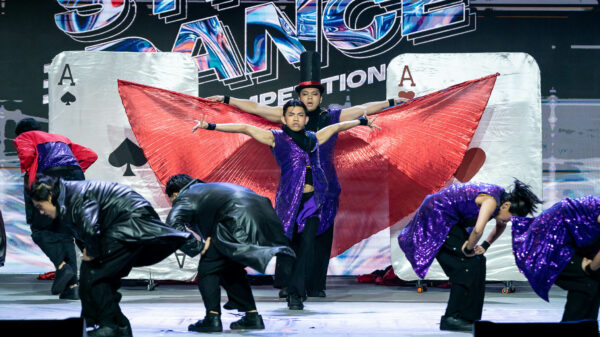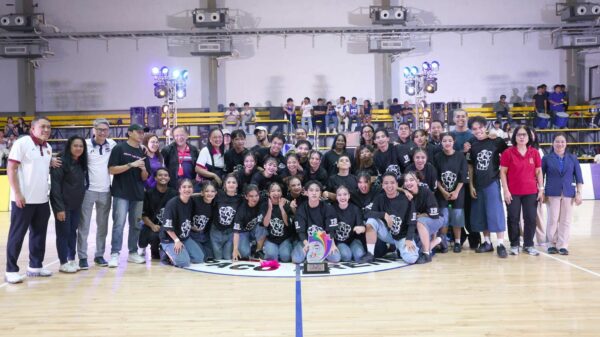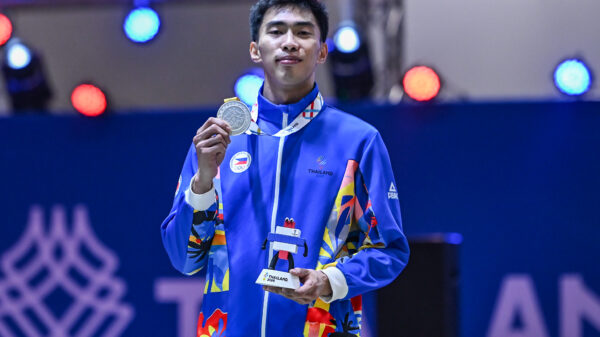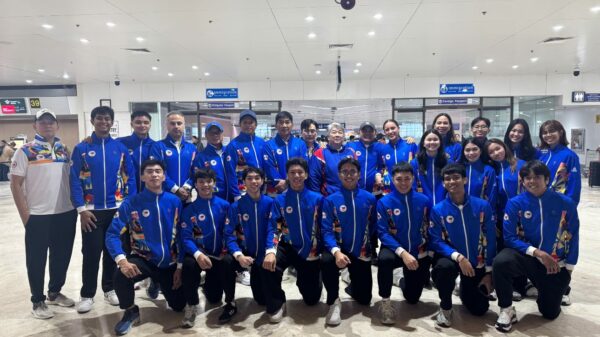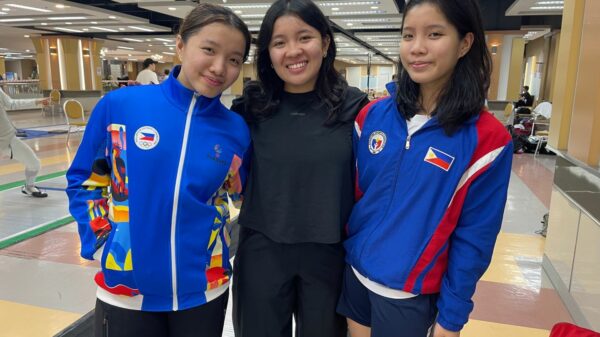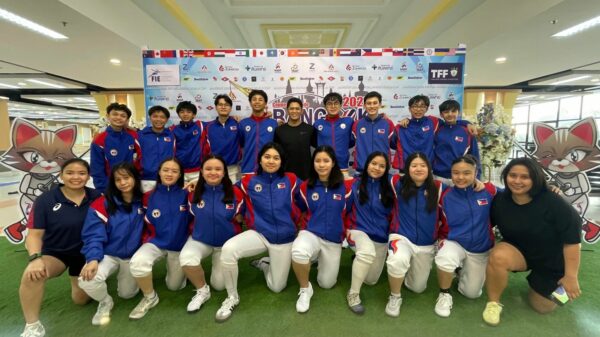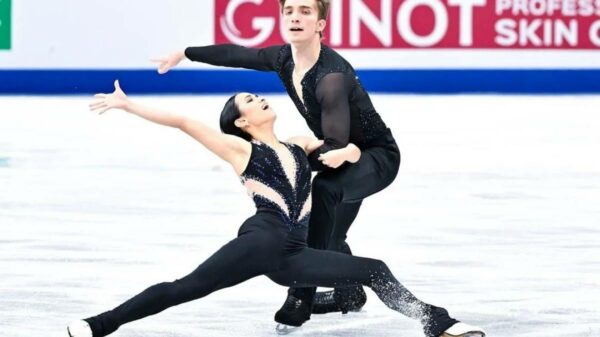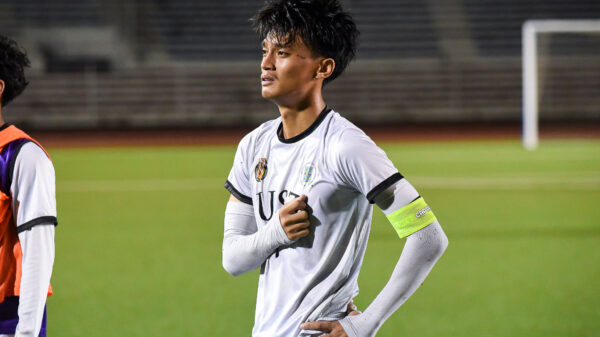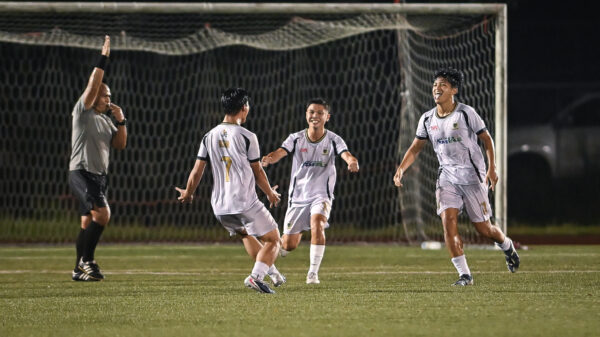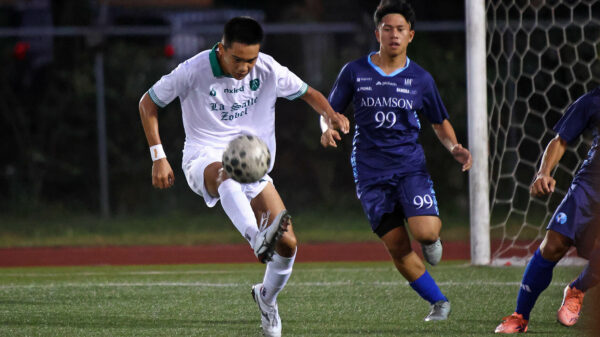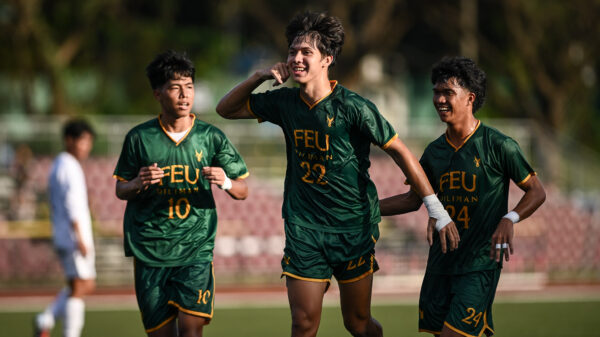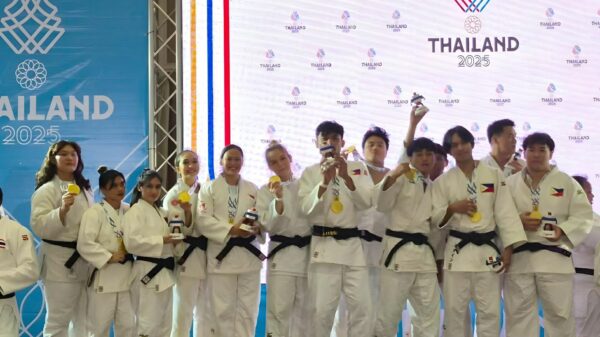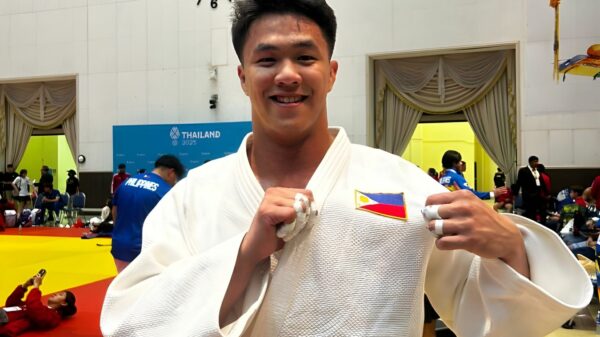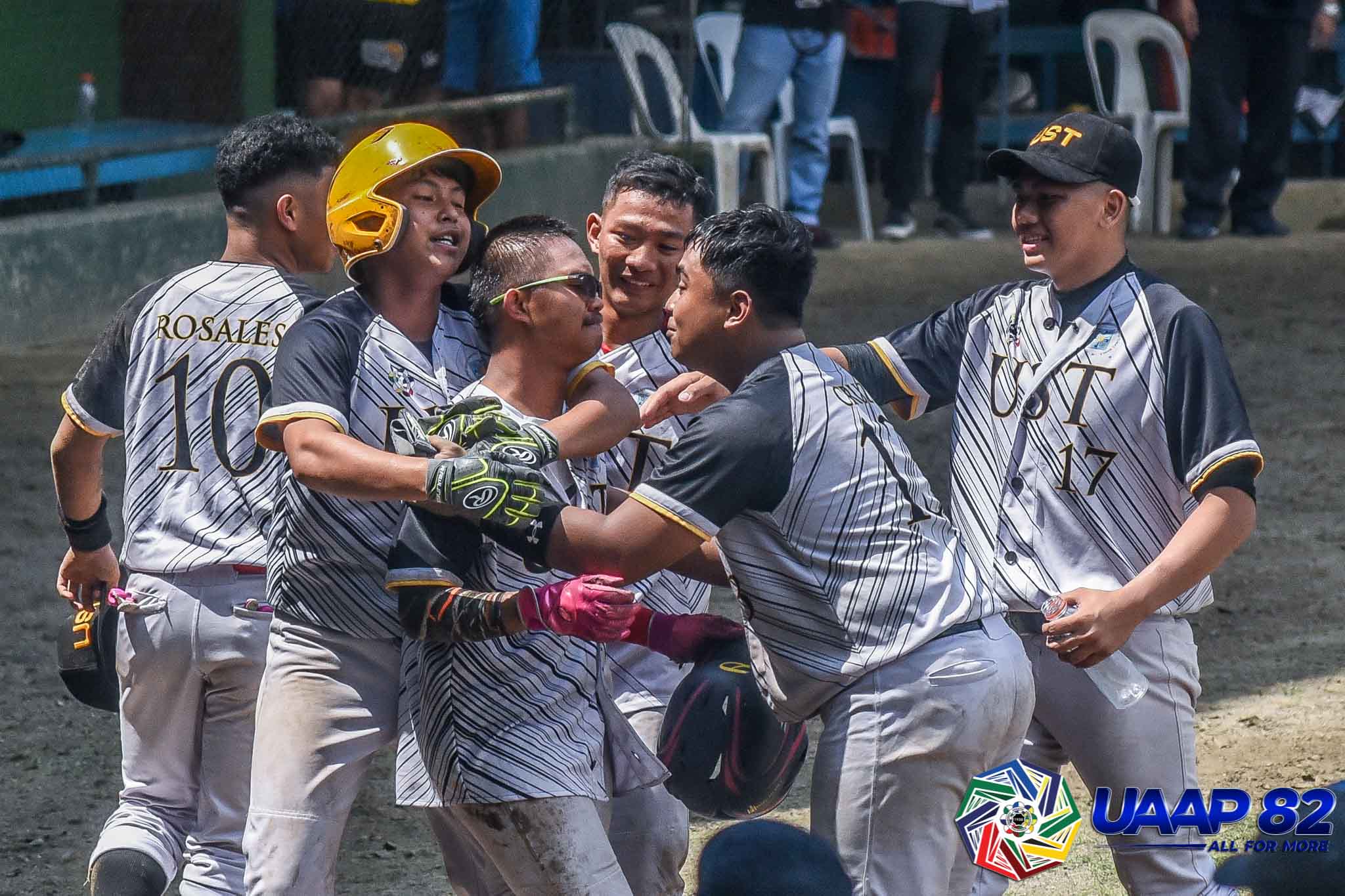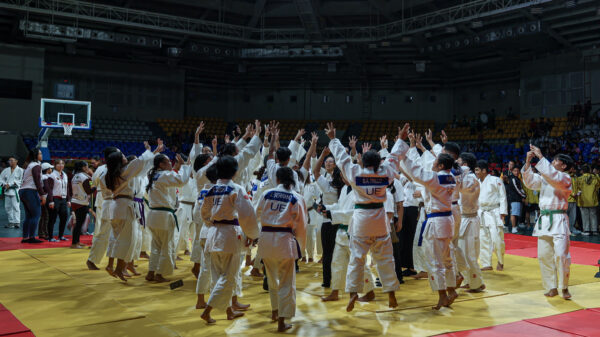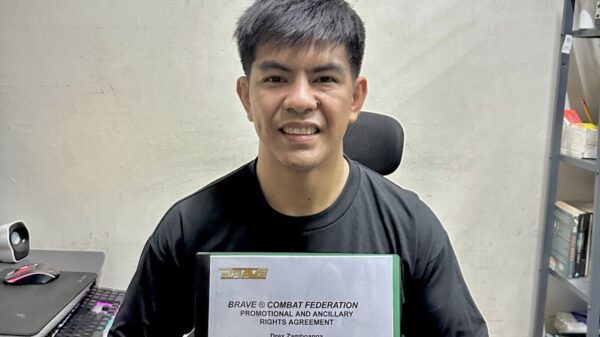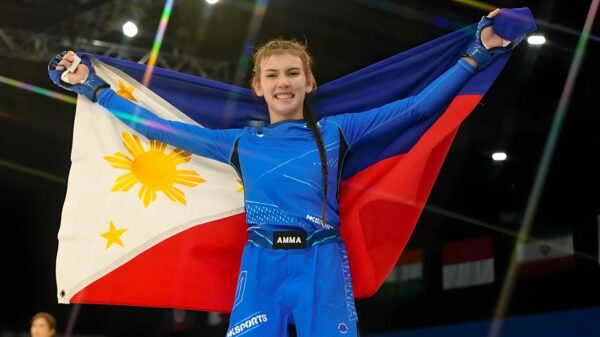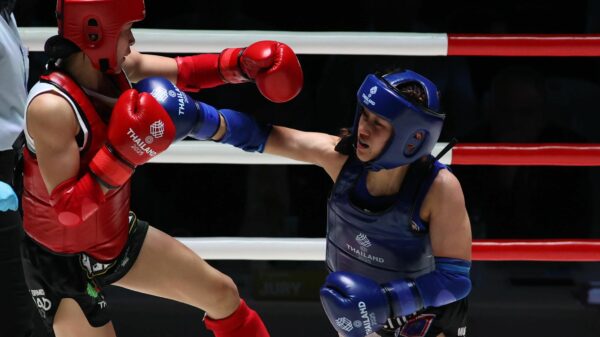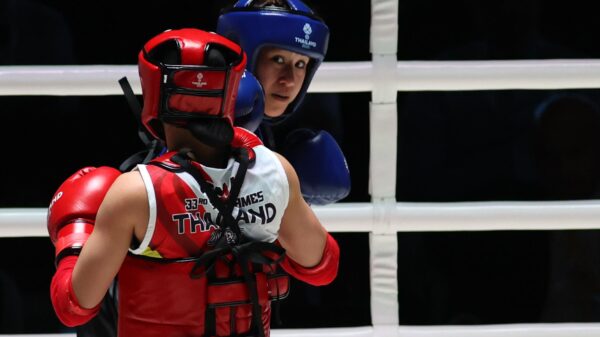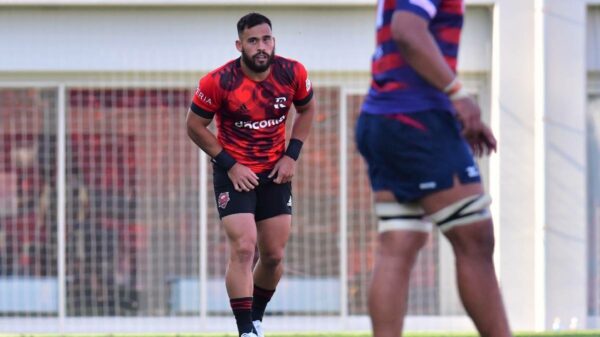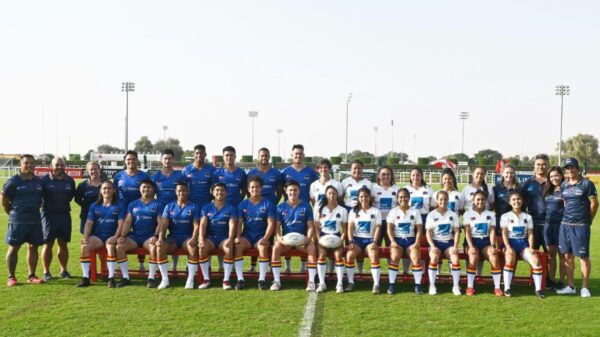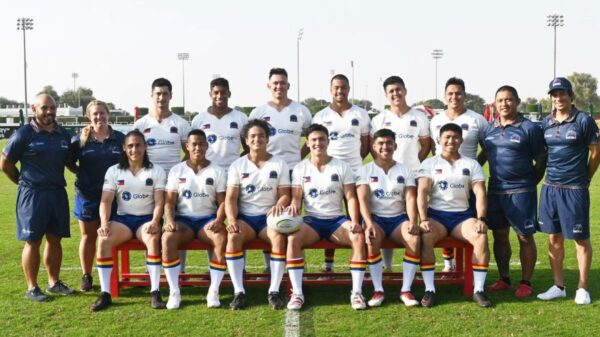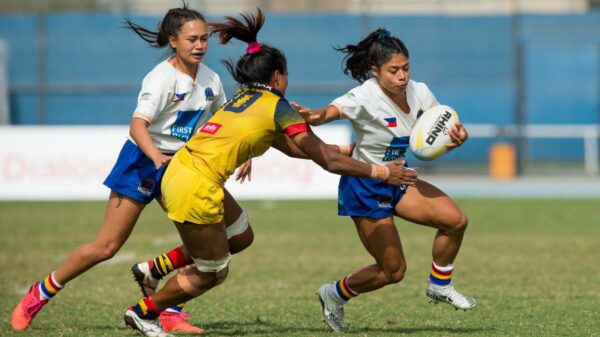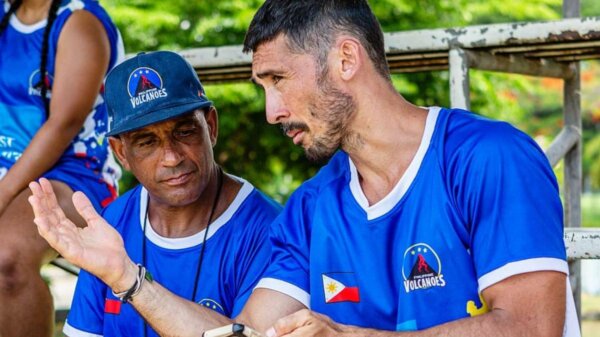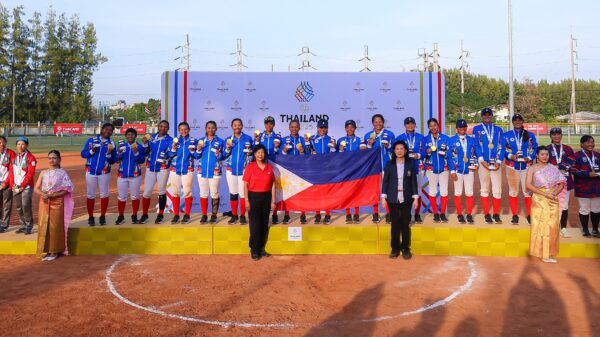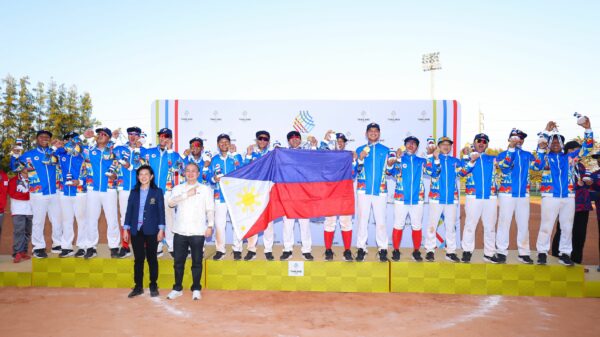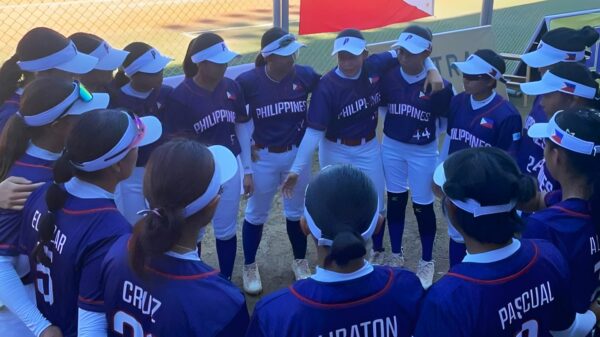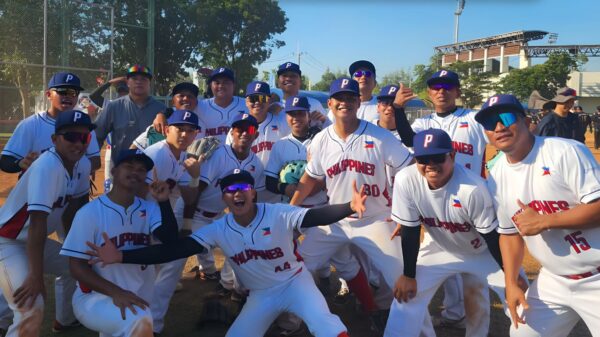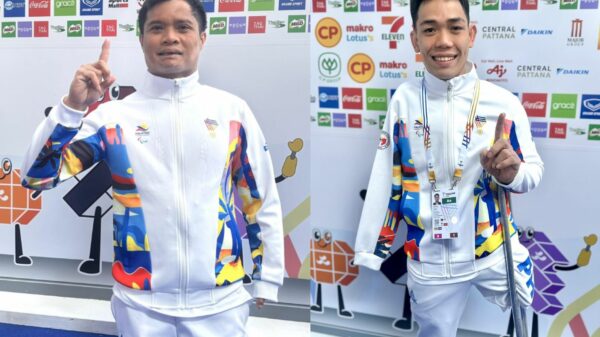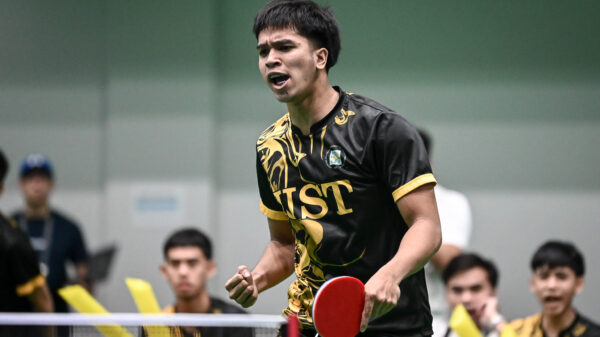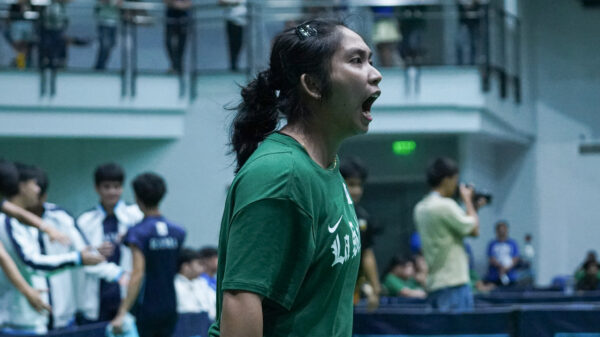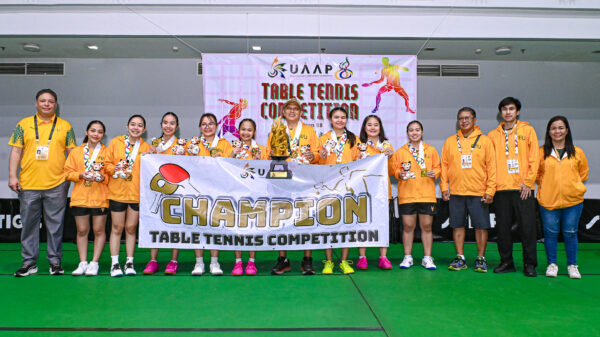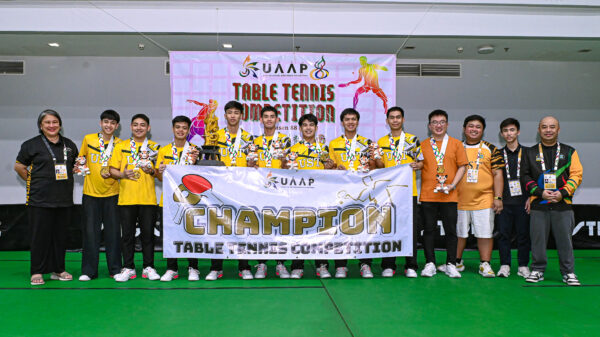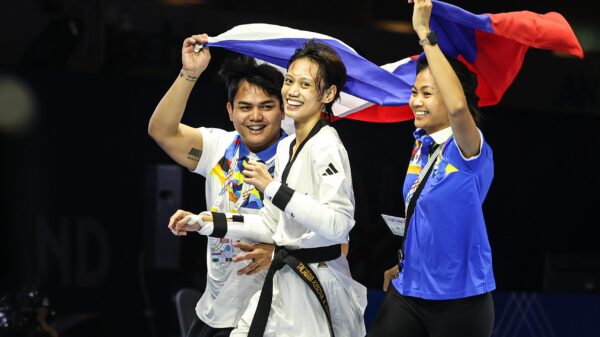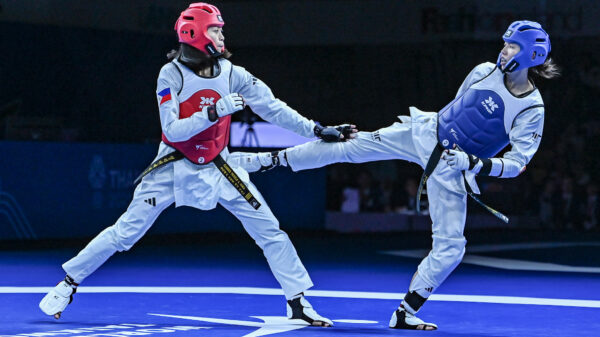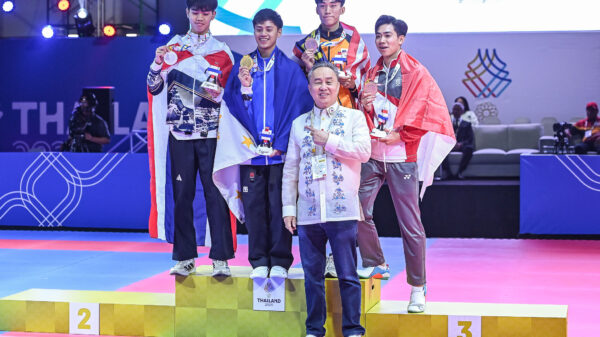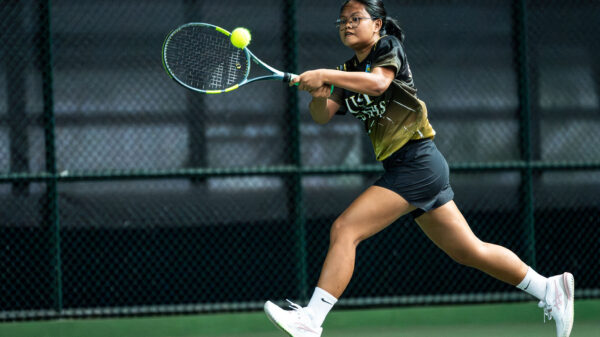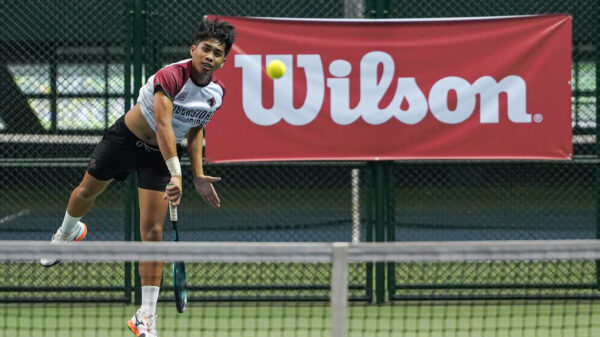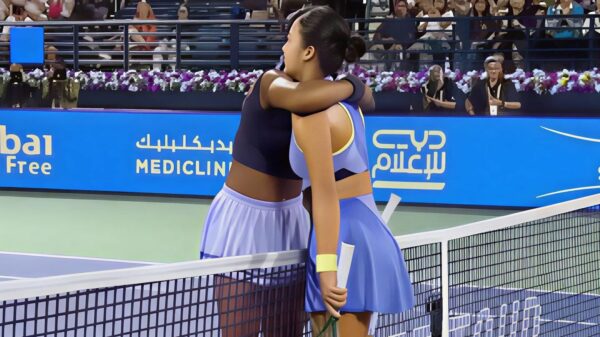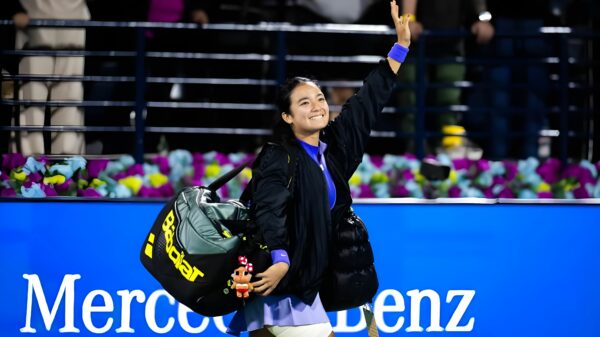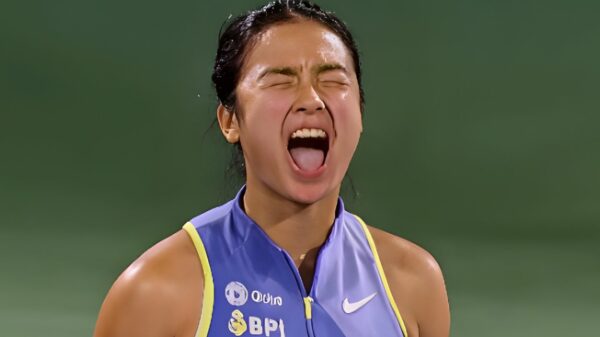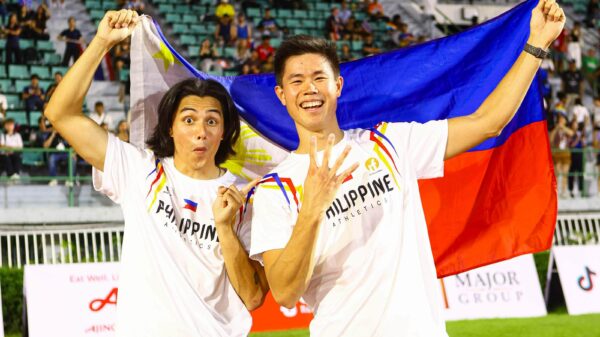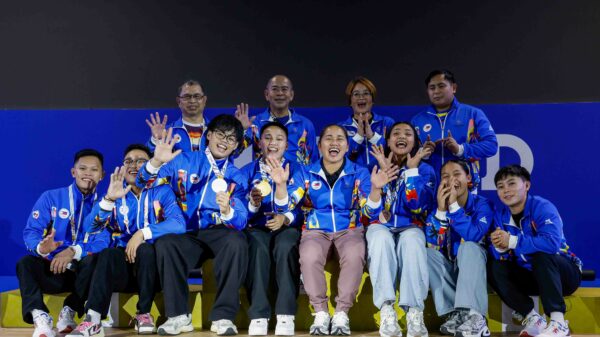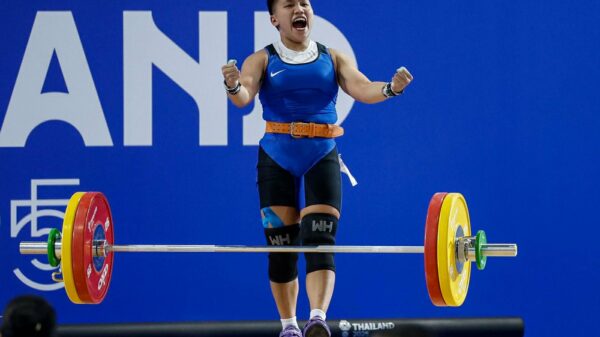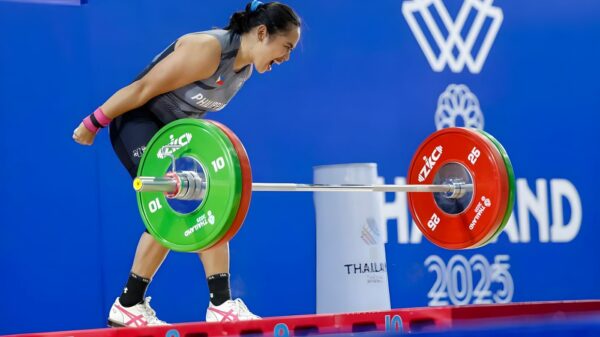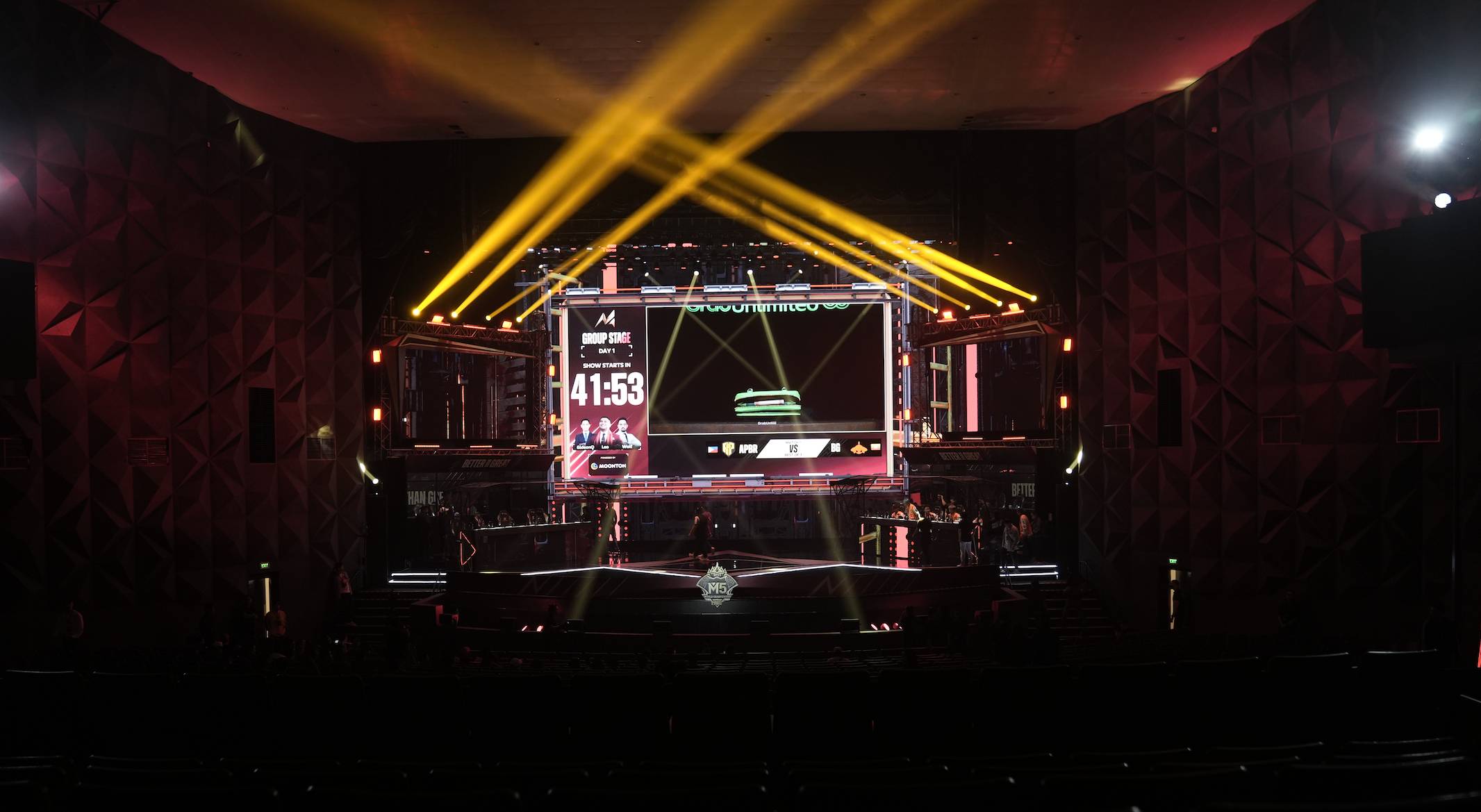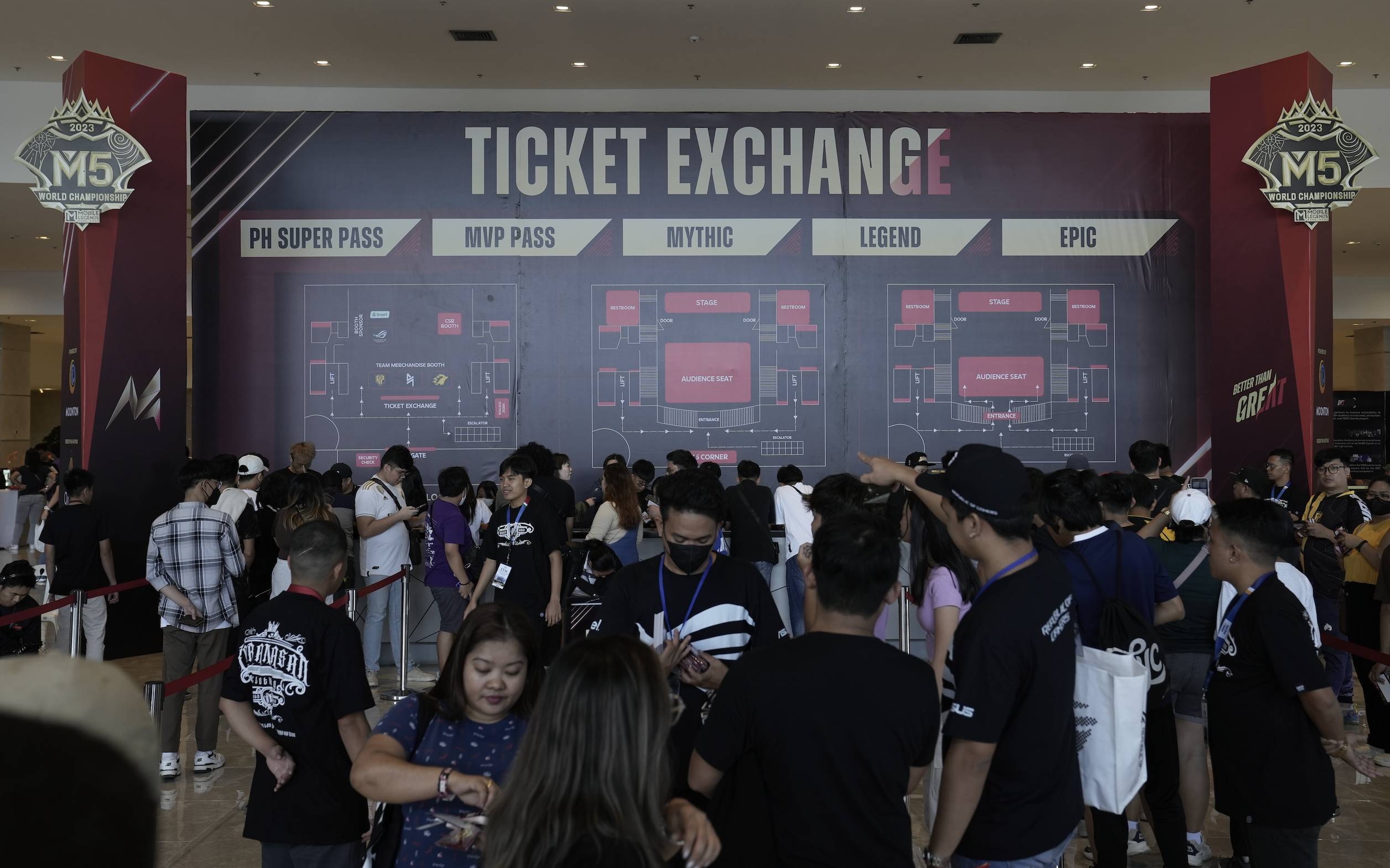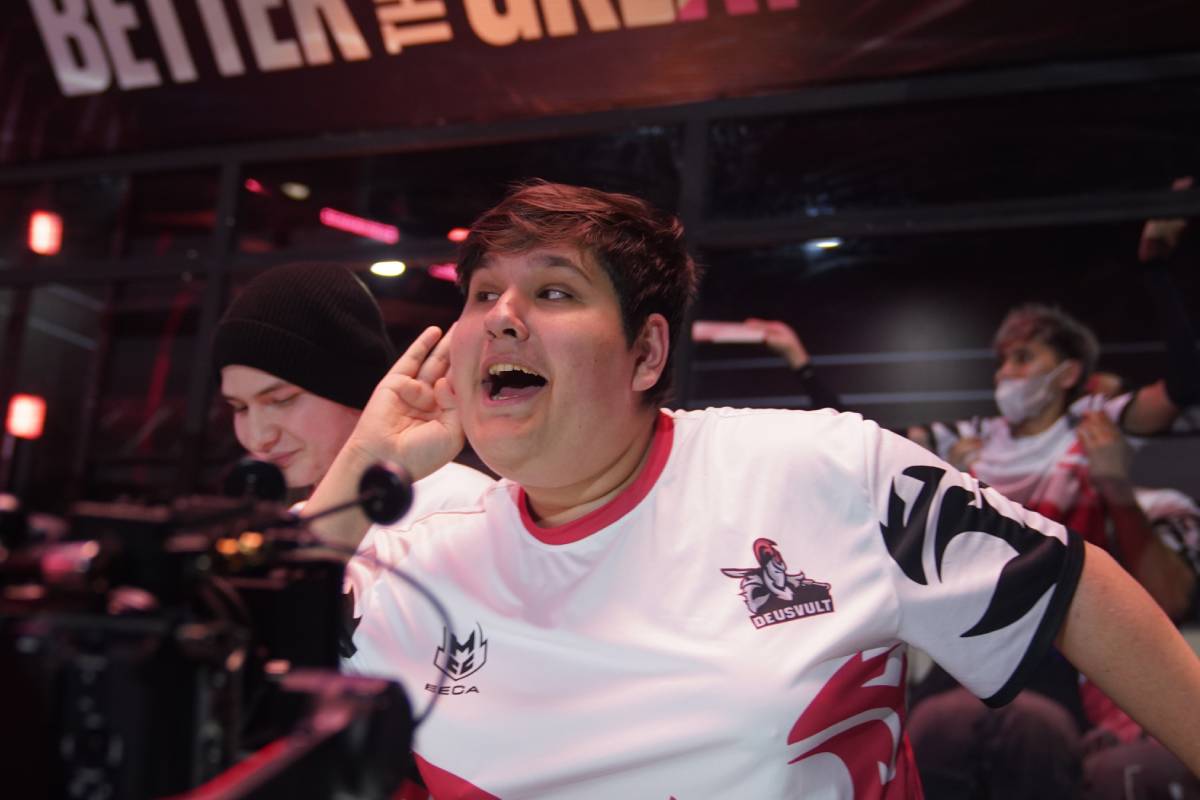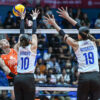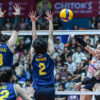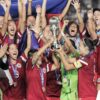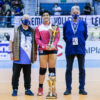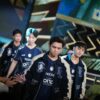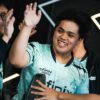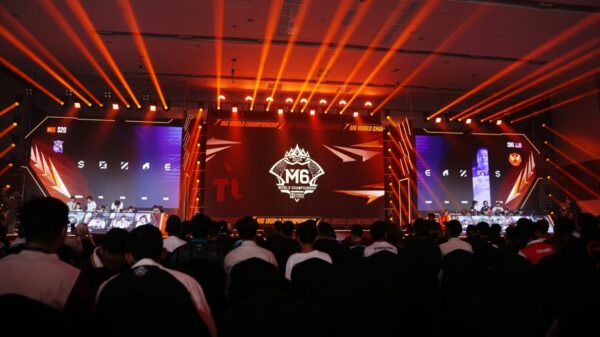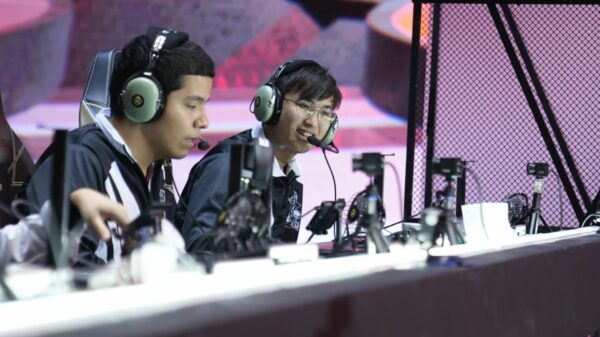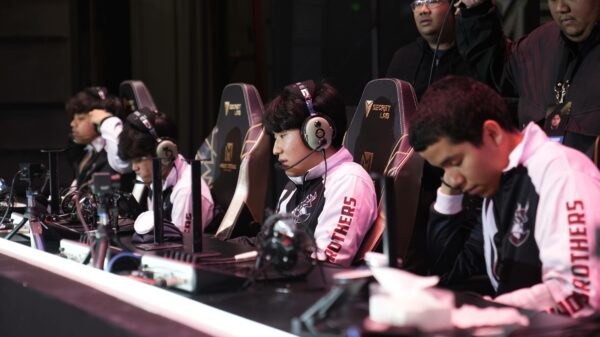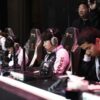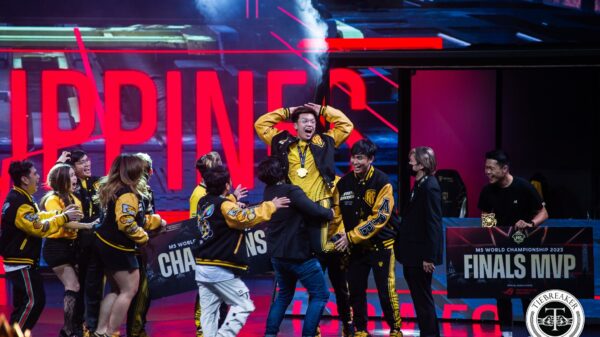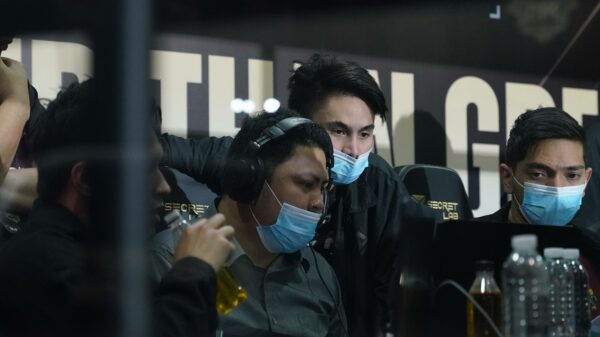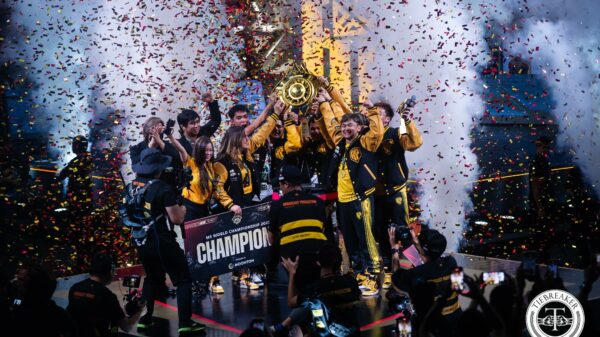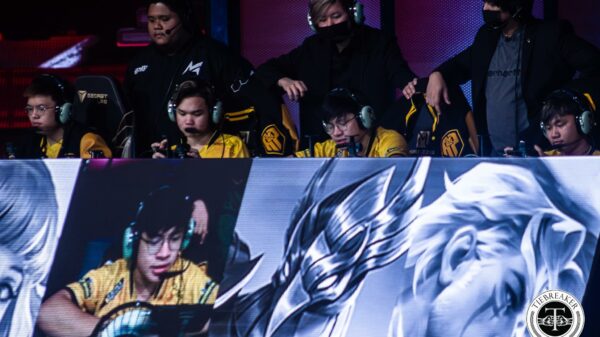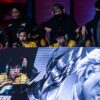Although MOONTON Games’ M5 World Championship is by far one of the grandest esports tournaments that celebrated the success and achievement of international esports teams, it also unveiled a harsh reality that showed the massive gap between strong MPL regions like the Philippines and Indonesia, and the other developing MLBB regions.
More than the difference in the micro and macro mechanics, the M5 put forth the diverse situations that players and coaches have to navigate just to compete and get a shot at international greatness.
In regions like the Middle East and North Africa (MENA), teams have limited time to practice and the absence of quality opposition in their region limits the potential of the team when they enter international tournaments.
Triple Esports coach Hendrich “Lyrick” Clahi shared to Tiebreaker Times in an exclusive interview about the struggles his team had to face in their M5 campaign.
“Sa Pinas, tatlong araw parang 12 hours straight puro scrim yan. After scrim iaanalyze yung mga nangyari sa game. Dito sa Triple Esports nagsiscrim kami ng mga four to five hours. After niyan kelangan na nila pumasok. Kelangan na nila gumawa ng assignments kasi etong players ko, mga nag-aaral maging doctor, engineer, etcetera ,” he said.
To make their limited training time more efficient, the Filipino coach is forced to make a video analysis of their scrim games which players can view during their free time.
With one player held back due to duties in school, they had less time to prepare when they arrived in the Philippines in M5.
“Pinilit namin mag-adapt in two days. Eh dahil nga mga estudyante sila, kakarating lang ni Tarzan nung November 30 tapos may rehearsal ng December 1. So technically dalawang araw lang kami nakapagprepare kaya ayun hindi talaga sila nakaadapt sa batuhan ng skill at sa targeting,” continued Lyrick.
North America faced a similar predicament as The Ohio Brothers looked virtually outdrafted in games and out of sync during team fights which they attributed to the lack of guidance as well as the lack of consistent high-level competition.
Despite a promising campaign in M3 where Blood Thirsty Kings finished 3rd overall, the NA representatives have fallen off during the recent international tournaments, finishing winless in the MLBB Southeast Asian Cup 2023 and getting booted out early in the M5 Word Championship.
“Let’s say there’s a huge league (MPL) going on where you can play each season and get a living off of that you can quit your college or high school to just focus on the game. Of course, more players are gonna compete and make the whole ecosystem more competitive and grow together. More players means better teams come out. Right now, NA is just the same players over and over,” said TOB’s midlaner Jang “Hoon” Seong-hun.
“I won’t say like the lack of staff is the main reason why we lost because, at the end of the day, it’s just our gameplay, right? But what’s challenging is that it’s hard to control the team. It’s hard to manage the team. Like if one player wants to relax today, then we don’t have an obligation to stop that player because we don’t have any contract. We’re just a group of people who teamed up with a common goal. We can’t force anything within players,” he further explained.
“In a tournament like this, everybody’s stressed. If one thing goes wrong then other people complain, there’s no one to mitigate that situation. I think that could be a problem for NA teams in the future as well.”
Hoon mainly gets his income from streaming and joining MLBB tournaments is more of a passion project for him, being a competitive person, rather than a way for him to earn a living. M-series first-timer Chris “Mielow” Enobio had a similar realization after TOB’s winless campaign in the M5.
“Whenever we lose, I always think that we lost the draft. With the lack of coaches and staff, it’s so hard to keep up with their draftings. It’s just really hard,” he explained.
“The biggest difference is for sure coming into the game with a game plan and strategies. In NA, you just go in, play play play, react—all of it. The teams here have set-ups on how to hold turtle, lord; which bush you’re going to; who’s going in first; who’s taking agro; who’s gonna engage. In NA, it’s just go, go, go.”
Even Deus Vult exp laner, Mathaios “Kid Bomba” Chatzilakos cited the lack of competition in Germany as one of the struggles that he had to face, forcing him to migrate to a different league and server just to get a shot at competing in the M5.
“I’ve seen regions talk about not getting recognition, da da. But they’ve never seen what it’s like to have zero,” he said.
“I just hope that MOONTON recognizes this a little bit and maybe gives Europe some tournaments so other players can develop as well.”
Jaime Cruz, MOONTON Games Head of Esports for MENA and South Asia, cited the lack of education on MOBA genre and mobile gaming in general as the pressing issue in developing regions that makes it hard to build teams similar to the set-up in the Philippines and Indonesia.
“Our strategy involves a grassroots approach, emphasizing community growth rather than solely relying on prominent teams and players. The idea is that by expanding the MLBB community organically, more will naturally aspire to compete in MPL MENA,” he explained.
“However, this approach means that not all teams will have access to the same level of resources that more established or better funded organizations will have. To ensure that all teams are competitive, MOONTON Games takes an active role in providing organizations with resources and support, such as with content creation and promoting teams to help them build their following. We also leverage experiences and insights from our other established markets, localizing them to suit our audiences in MENA,” he continued.
“Ultimately, our goal is to establish a sustainable and scalable esports ecosystem in involving relevant stakeholders in MENA, such as esports organizations, tournament operators, brands, talents, and the community. To make this happen, it’s crucial for all stakeholders to unite and work towards our shared vision, and I believe we can make it a reality.”


